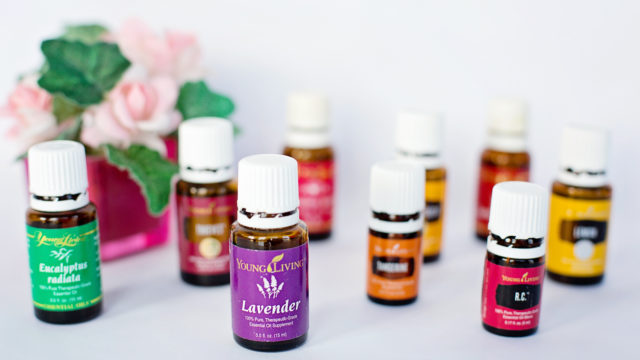
I’ve decided to answer the big question, are essential oils toxic to cats?
Many people like myself received a diffuser either for Christmas or bought one for their essential oils this past year. Many people also have cats. And many people, like me, assume essential oils, being natural and from the earth, are harmless to pets, since they are used for healing. And like many indoor plants, oils can be harmless but can also be pretty toxic to cats. Considering I have two cats at home, I was curious about the facts and realized I needed to do some homework.
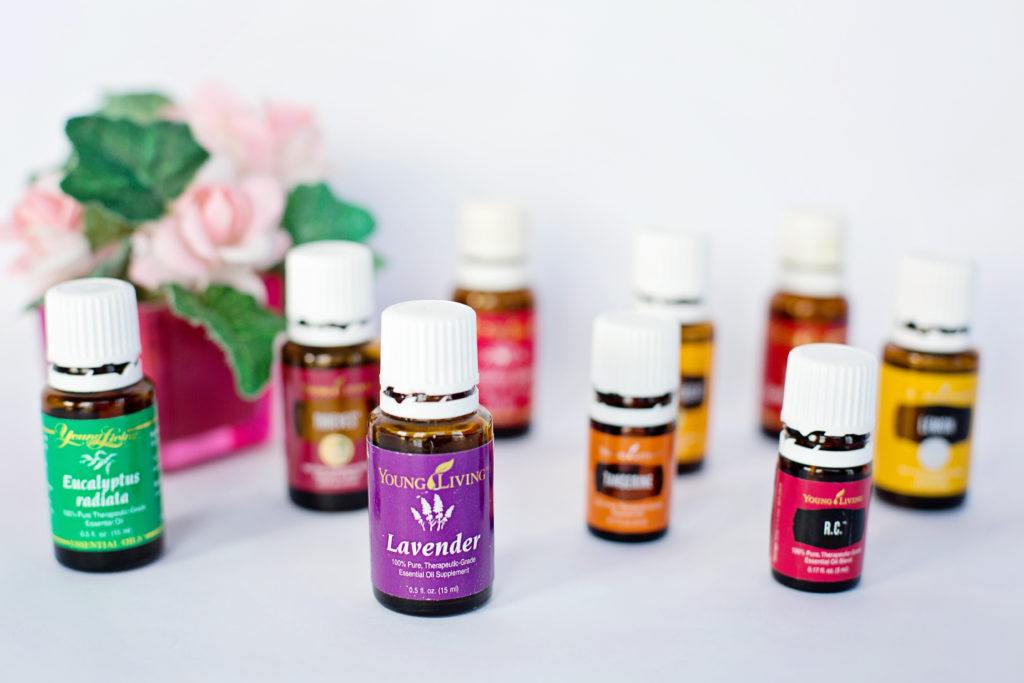
With this current essential oil trend – which is how I would describe the sudden rise of usage, even though oils have been diffused for years – comes sketchy mass-produced oils. These can be made by companies not sourcing ingredients correctly and/or using cheap fillers. As a result, consumers must be careful of these brands and strive to source from only reputable sources. After all, you or Mittens wouldn’t want to actively breathe in chemicals, right?
How do oils work?
After being absorbed by the skin, they then get metabolized by the liver. It’s this aspect that makes cats and oils not get along. Cats have a more difficult time metabolizing oils. It all comes down to their liver, where they do not possess glucuronyl transferase, a liver enzyme. Without this, they are unable to eliminate certain toxins from their body, and this includes essential oils. After time and exposure, these toxins build up and can cause serious damage with symptoms not surfacing for weeks, months, or even years.
Many essential oils contain phenolic compounds, which cats are highly sensitive to. Basically, the higher the concentration of the essential oil (such as one not diffused with carrier oil), the higher the toxicity. The higher the concentration of the essential oil (i.e. 100%), the greater the risk to the cat. Hot oils like cinnamon, nutmeg, and thyme contain the highest levels of phenol and can be the most offensive to cats.
How are oils toxic to cats?
Let’s start with – what is a phenol? It’s time to get sciencey. “Also known as carbolic acid, phenol describes a group of aromatic organic compounds consisting of a phenyl group bound to a hydroxyl group. Although similar in molecular structure to an alcohol, phenols have their hydroxyl group attached to an aromatic hydrocarbon ring, whereas an alcohol’s hydroxyl group is bound to a saturated carbon atom.”*
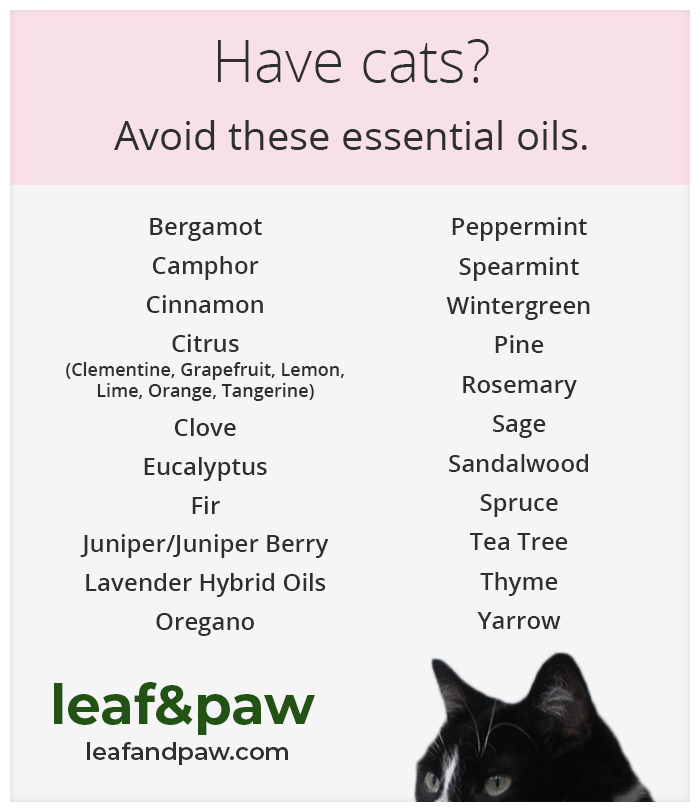
Can’t remember this list? Feel free to pin and share!
While I diffuse a few single oils, like lavender and peppermint, I instantly get a headache with certain oil blends (usually an orgy of oils altogether). A key component is the purity of the oils too. As mentioned above, if the quality of the oil is poor, they are more dangerous to animals than pure oils. Today, most diffusers produce much more saturated scents. If people can be sensitive to these smells, imagine how assaulting these scents can be to Mittens.
The biggest takeaway I learned from talking to my vet and researching essential oils and cats is to be aware. For more info, I really liked this article from the Pet Poison Helpline. You can always use these oils in a room with a closed door, such as a bathroom when taking a shower or you can take your diffuser to work and use those oils.
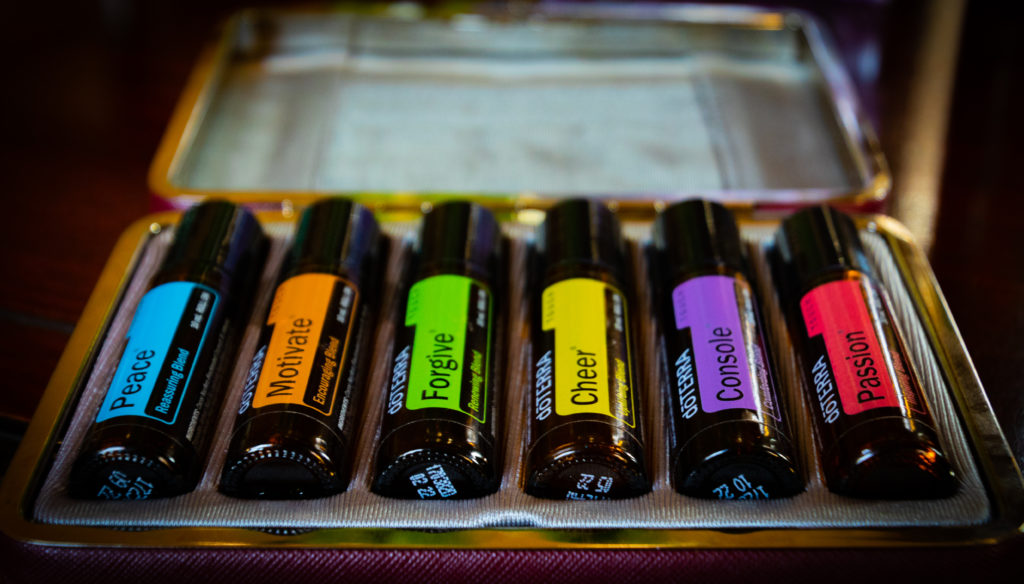
If anything, please remember:
-Avoid hot or toxic oils. If you need to diffuse for health reasons, provide air circulation and avoid diffusing in areas where cats primarily reside (ie, your bedroom if they sleep next to you at night).
-Diffuse safe oils no more than a few hours each day, allowing rest periods for the scent to dissipate. Safe oils include Frankincense, Lavender (100% pure oil only), and Myrrh.
-Never apply oils directly to your cat unless specified by a vet.
-If you apply oils to your hands, wash before petting Mittens.
-If you have been diffusing toxic oils for a while, keep a close eye on your cat, watching for symptoms of lethargy and monitoring eating/drinking and the litter box for signs of distress.
-Call the ASPCA line or your vet with questions about oils.
-When in doubt, don’t diffuse it.
*Info from http://www.petpoisonhelpline.com/blog/essential-oils-cats/, a very helpful site for all things pets and toxic chemicals.

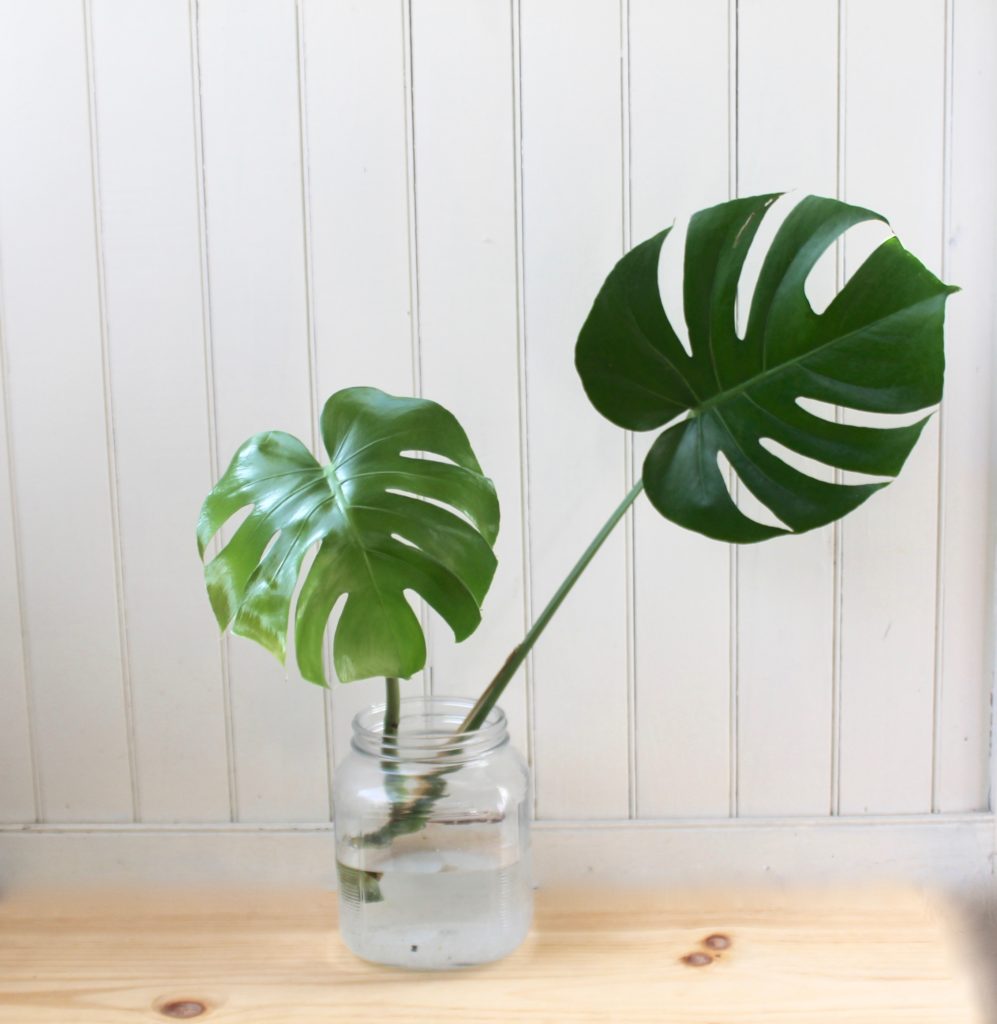

What about essential oils in a water cool mist diffuser humidifier that only uses a few drops of oils in lets say between 300 to 500ml of water diffused over a 8 hour period?
Hi Patrick, it does depend on the oil and if there is enough ventilation. As long as it is not in a closed small room and there is air circulation (and it’s not a hot oil) you should be fine, but I’d ask your vet, too for more info.
I know lavender is okay for cats (used in a diffuser), but what about lavender lime? I was going to put my diffuser in my bedroom, however it has a air vent and my cat actually likes to go sniff and lay next to the air vent. Would he be okay, or should I use just lavender or another oil? Thank you
Hi Collin, I’m assuming this is lime with with lavender. Lime/lemon/citrus are VERY strong and can be toxic for cats so I wouldn’t. Plain lavender oil is fine to diffuse, just be sure to not use it in a small enclosed room with cats – keep the door open for air circulation. Also be sure to use high quality oils.